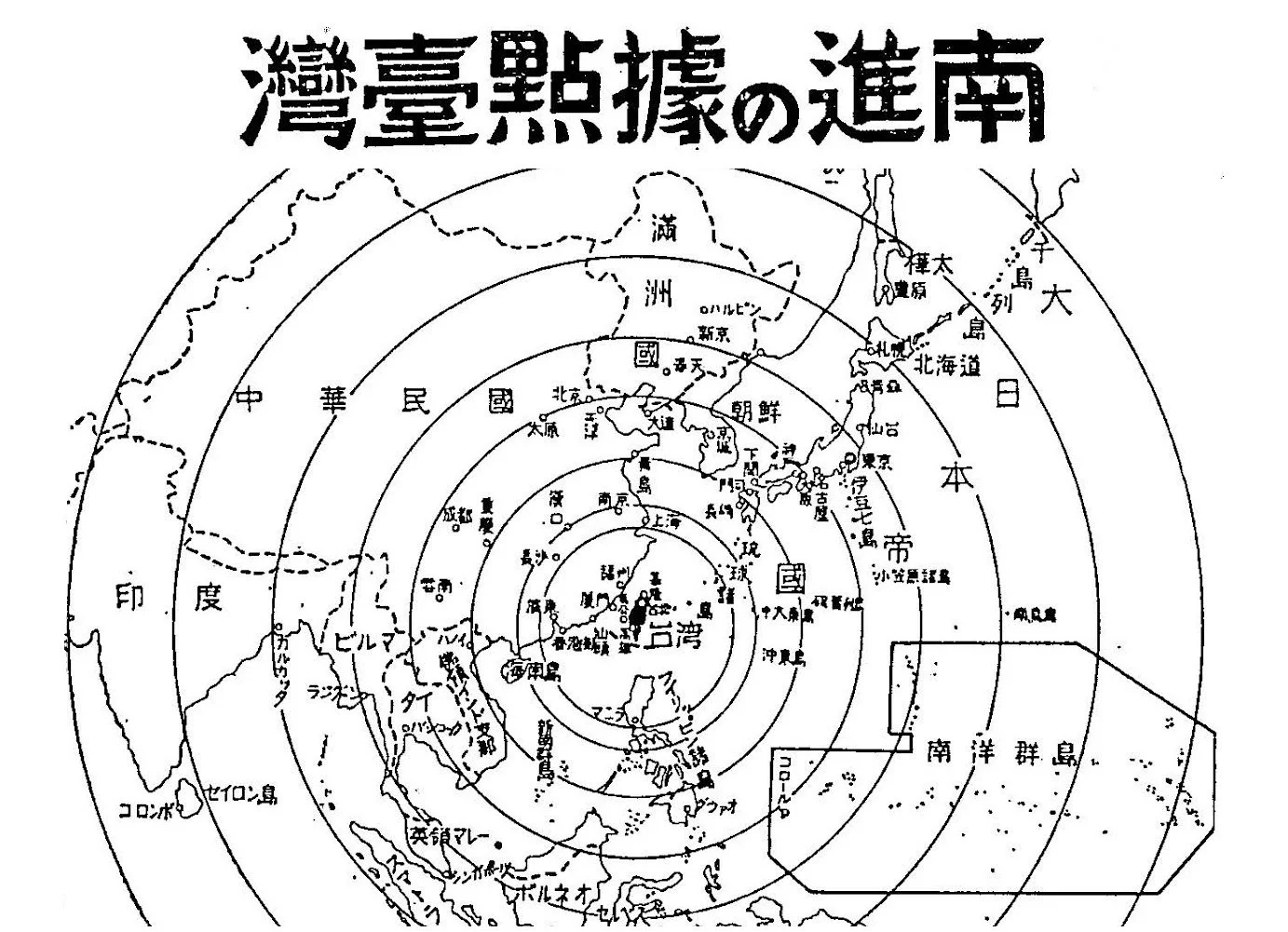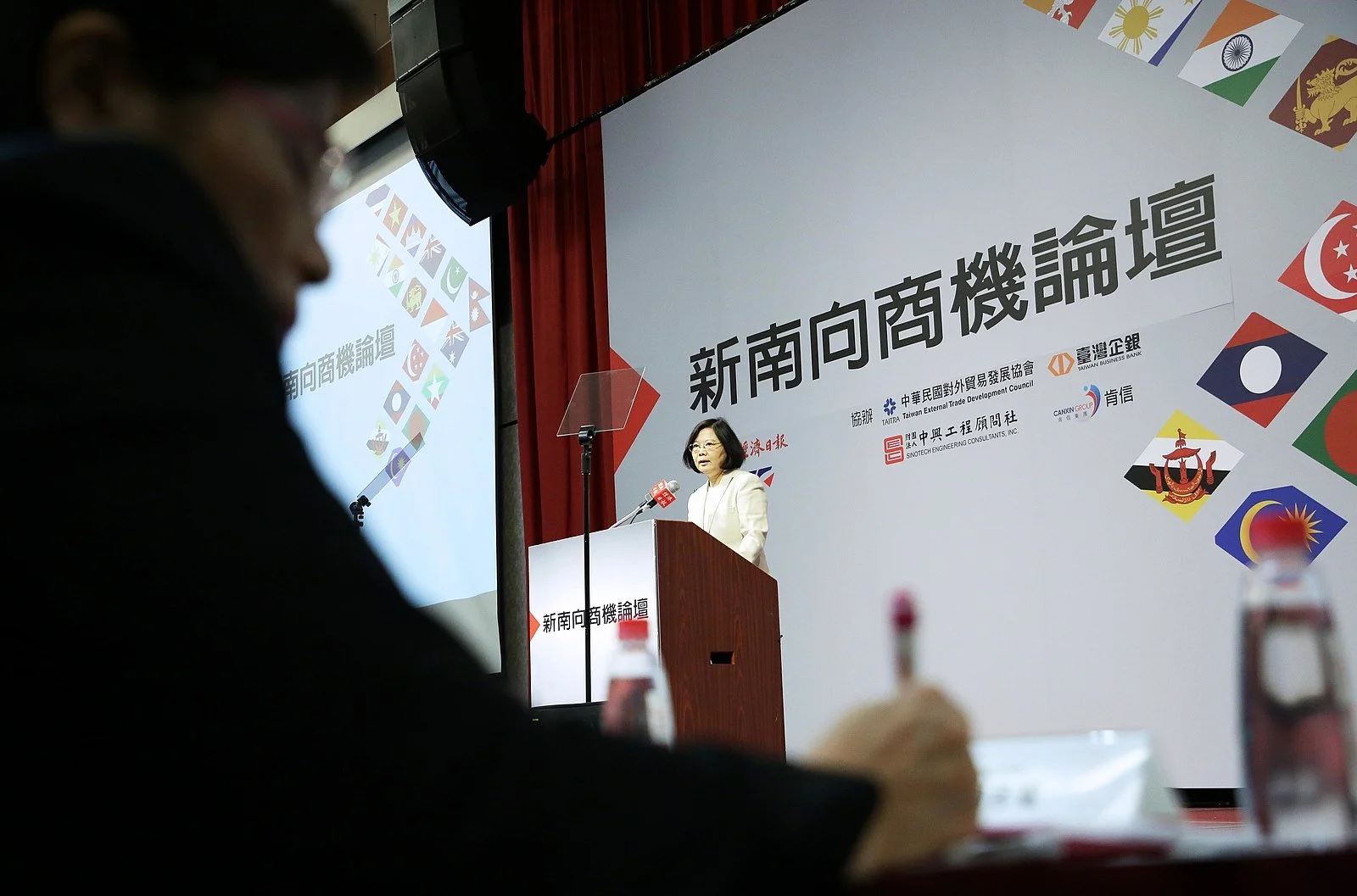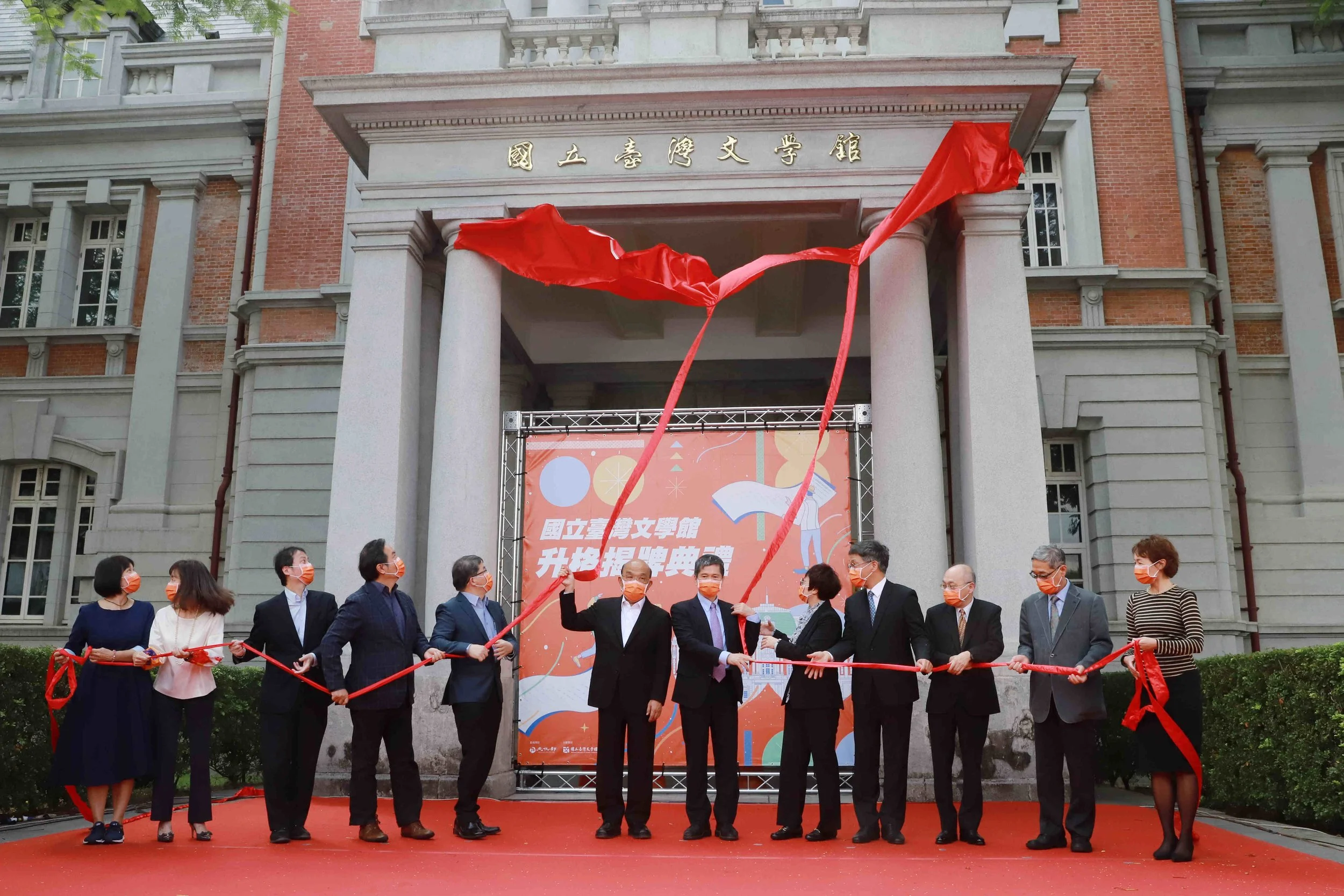The Taiwan Gazette translates and publishes original reporting from Taiwan, Hong Kong and China. Our goal with the platform is simple: We want original reporting from the Sinosphere to have a wider impact on global civil society.
IN-DEPTH INTERVIEWS
Featured
In October 2022, a graduate student workshop was conducted with Professor Jung. In the workshop, Professor Jung shared his experiences of conducting field research in multiple Asian countries, as well as his journey as an international student and Asian scholar in North America and his involvement with queer activism and scholarship.
In October 2022, a graduate student workshop was conducted with Professor Jung. In the workshop, Professor Jung shared his experiences of conducting field research in multiple Asian countries, as well as his journey as an international student and Asian scholar in North America and his involvement with queer activism and scholarship.
In October 2022, a graduate student workshop was conducted with Professor Jung. In the workshop, Professor Jung shared his experiences of conducting field research in multiple Asian countries, as well as his journey as an international student and Asian scholar in North America and his involvement with queer activism and scholarship.
We are pleased to discuss with Professor Seiji Shirane the intermediary role of colonial Taiwan and overseas Taiwanese subjects in the Japanese Empire’s southern advance in South China and Southeast Asia. Part 2 covers Professor Shirane’s thoughts on his book’s potential reception in Taiwan, his pedagogical and historiographical interventions in the field of modern Japanese history, the goals of the newly founded Modern Japan History Association (MJHA), and his advice to graduate students studying Taiwan history in North America.
We are pleased to discuss with Professor Seiji Shirane the intermediary role of colonial Taiwan and overseas Taiwanese subjects in the Japanese Empire’s southern advance in South China and Southeast Asia. The interview is published in two parts. Part 1 details Professor Shirane’s academic trajectory and the historiographical interventions that his scholarship builds on and further extends.
We are pleased to discuss with Professor Lan her research on migrants, parenting, and second-generation children in Taiwan. In this last part, Professor Lan discusses her experiences in public sociology and shares some tips for students engaging in Taiwan Studies.
We are pleased to discuss with Professor Lan her research on migrants, parenting, and second-generation children in Taiwan. Part 2 focuses on Professor Lan’s study on parenting. She shares her framework of transnational relational analysis, which overcomes the pitfall of methodological nationalism, and her experiences publishing her parenting study in English and Chinese.
We are pleased to discuss with Professor Lan her research on migrants, parenting, and second-generation children in Taiwan. Reflecting on her academic journey, in Part 1, Professor Lan discusses how her research on migrant workers has evolved over the years. She also offers insightful analysis of how migrant workers navigate the changing landscape of Taiwanese society during the COVID-19 pandemic.
How have Taiwan’s civil society responded to the limits of state-organized transitional justice initiatives?
How can we understand the challenges and possibilities facing Taiwan’s quest for transitional justice through the lens of constitutionalism and political contestation?
Taiwan’s response to the COVID-19 pandemic is often applauded internationally as a success story, yet it has only been possible because of Taiwan’s strong medical profession and vibrant civil society. How did civil society engagement contribute to Taiwan’s pandemic response?
Few scholars have investigated both the colonial origin of Taiwan’s medical profession and the development of Taiwan’s public health system and civil society engagement after democratization. How did the medical profession in Taiwan emerge in the Japanese colonial era? Why are there many doctors actively participating in today’s Taiwanese politics?
“Taiwan literature can be conceived of as every single mode of literary expression that has left an existential trace on Taiwan,” said Dr. Shuo-bin Su (蘇碩斌), director of the National Museum of Taiwan Literature. The research, preservation, and promotion of such modes of expression, however, either failed to receive organized institutional support or was subsumed under a China-centered historiographical perspective before the lifting of martial law in Taiwan. The establishment of Taiwan literature as a field of academic inquiry became possible thanks to the political liberalization of Taiwanese society and the emergence of a “Taiwan consciousness” since the 1980s. What might be the challenges and possibilities facing the field of Taiwan literature, then and now? What might be the new directions of the field? This interview features as part of our special issue: Encountering Everyday Life: Taiwan in Museums.
BIG IDEAS COMPETITION: EXPLORING GLOBAL TAIWAN
Featured
In our second feature for the 2020 Big Ideas Competition: Exploring Global Taiwan series, award recipient Pranav Dayanand makes a case for what TikTok can tell us about the complex state of Indonesian migrant worker affairs in Taiwan.
Stephanie Tai, author of Tempting Formosa and 2020 Big Ideas Competition: Exploring Global Taiwan award recipient, talks to our Deputy Editor Elizabeth Shaw about her process of creating a Taiwanese dessert cookbook and using it to pay homage to her homeland of Taiwan.
In Taiwan, after election night, candidates have one final task: an elaborate thank-you tour, performed in person. For some this can take weeks. But what’s this all for?
With an increase of extreme weather due to climate change, the need for food security in Taiwan is more pressing than ever. Could new technologies help defend Taiwanese agriculture?
Two University of Toronto students surveyed almost 500 members of the Taiwanese public about organ donation. Many had no idea how to do it.
The “Asia Silicon Valley” plan was supposed to fix Taiwan’s brain drain problem, but critics say it’s not working.
For Big Ideas 2017, the Taiwan Gazette covers five research projects, authored by seven young scholars coming from a wide range of disciplines.
PODCAST, INTERVIEWS, REVIEWS
Featured
During WWII, the Japanese empire mobilized its colonial populations for its imperial expansionist efforts. In 1944, Tân Í-bûn from colonial Taiwan joined the Japanese Imperial Army and served in Manchuria. When war concluded, he was captured as a POW and interned in Siberia. 70 years later, his grandson Chen Li-hang reflected upon the historical knowledge production of this wartime experience.
The Taiwan Gazette screened the documentary film Our Youth in Taiwan from March 8 to 14, 2021. We sat down with University of Toronto Professor Michelle Cho to discuss Taiwan-China geopolitical relations and the usage of “worlding” within the context of the film.
The Gazette sits down with sociologist Yu Wei-hsin to discuss the changing landscape of marriage and parenting in Taiwan.
SDP leader and Taipei mayoral candidate Fan Yun says 2018 will be a turning point for small political parties in Taiwan.
Filmed over a decade, this breathtaking documentary tells the story of legendary Taiwanese choreographer Lin Lee-chen and the Legend Lin Dance Theatre.
The Gazette sits down with Lin Fei-fan to discuss the impact of the Sunflower Movement, running for political office, and the future of Taiwan’s “Third Force” parties.
Will Taiwan’s same-sex marriage law lead to a domino effect of similar legislation in the rest of East Asia? We spoke to a number of Taiwan thought leaders intimately involved in the debate.
How are supporters of same-sex marriage responding to critics of Taiwan’s future marriage equality law? We asked a number of Taiwan’s thought leaders for their take.
The Gazette sits down with Howard Chiang of UC Davis to talk about about LGBT rights issues in Taiwan, and his new book “Perverse Taiwan”.
































